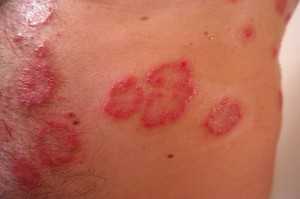 Looking down on your skin and you find that it has itchy patches or raised areas, you could have psoriasis. It is unsightly and uncomfortable, and sometimes it can affect your joints. This is a lifelong skin condition has no easy cure. However, you can still live a normal life if you get the symptoms under control.
Looking down on your skin and you find that it has itchy patches or raised areas, you could have psoriasis. It is unsightly and uncomfortable, and sometimes it can affect your joints. This is a lifelong skin condition has no easy cure. However, you can still live a normal life if you get the symptoms under control.
What is Psoriasis?
Psoriasis, the Thomson Specialist Skin Centre explains, is a systemic condition in which skin cells multiply faster than normal. The body usually takes 28 days to replace the top skin layer. People with psoriasis typically produce enough skin cells to replace the top skin layer in 7 days before the existing cells are ready to come off. This can lead to crust or plaque like patches to appear on the skin with the new cells pushing up the old ones before they are ready. This can cause inflammation and itchiness. Scratching makes it worse.
Who Gets It?
Psoriasis is a genetic condition, but not everyone with a family history of psoriasis will get it. About 2% of the population develops some form of psoriasis between the age of 15 and 35. In Singapore, it seems to affect Indians more than any other ethnic group. No one knows why it comes out in some people. Some experts think that stress may be a factor. It is not contagious.
What are the Treatments?
Treatment for mild and moderate cases includes corticosteroid creams and gels. Your doctor may also try salicylic acid and vitamin D preparations such as calcipotriol. Coal tar creams and shampoos come sometimes help as well.
Your doctor will closely monitor how you respond to treatment. The treatment may be changed or adjusted when needed. Phototherapy or oral and injectable drugs are options if you have a serious case. Some experts say that acupuncture can help relieve stress, which in turn makes the symptoms easier to manage.
Your skin doctor in Singapore can help you manage the symptoms through psoriasis treatments. Consult a dermatologist who is experienced in psoriasis treatments if you think that you have the condition. It is easier to manage if you start early treatment.




